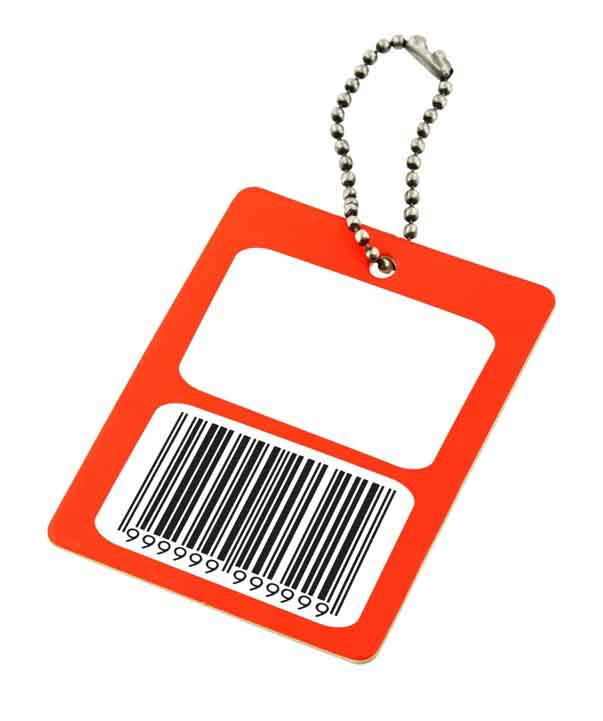What Teens Need to Know When Charged with Shoplifting
If you’re charged with shoplifting as a teenager, you may face worse consequences than just a slap on the wrist from the retailer and the wrath of your parents. In response to a rise in lost money from stolen merchandise, retailers in Illinois and across the country are taking an increasingly hard line with shoplifters of all ages, in some cases reducing the age to press charges from 18 to 16 and the “reasonable” period to wait for the parents before calling the police.
There’s plenty of evidence from the field of psychology indicating that, because teens’ brains aren’t fully developed, they have poorer impulse control and judgment than adults. Unfortunately, teens are increasingly facing adult consequences that can follow them for the rest of their life in retail theft cases. Here’s what teens and their parents should know about being charged with shoplifting.
Retailers Aren’t Sympathetic to Alleged Shoplifters
The excuse “kids will be kids” just isn’t flying anymore because retailers have too much at stake. According to the National Association for Shoplifting Prevention, retailers across the country lose $13 billion a year to shoplifting. While it seems like it would make sense to only take a hard line with “professional” shoplifters who steal hundreds or thousands of dollars’ worth of merchandise, those shoplifters actually only account for about 10% of total dollar losses, leaving the opportunistic shoplifters (many of them teenagers) to account for the remaining 90%.
As a result, many retailers are punishing young shoplifters to the full extent of the law in order to make an example and deter future theft. In addition to pressing charges for people as young as 16, some major chains have also decreased the time their stores must wait for parents before calling the police from 90 minutes to one hour.
Penalties Depend on the Value of Stolen Merchandise
 If the store does decide to press charges against a teenager, the exact charge the teen faces will depend on the value of the merchandise allegedly stolen. If the value of the merchandise was less than $150, the crime is typically classified as a Class A misdemeanor under Illinois state law. However, the crime goes up to a class 4 felony when the merchandise is valued at more than $150 or if the defendant has a prior theft conviction, and a class 2 felony if the retail value was over $150 and the person tried to sneak out through an emergency exit.
If the store does decide to press charges against a teenager, the exact charge the teen faces will depend on the value of the merchandise allegedly stolen. If the value of the merchandise was less than $150, the crime is typically classified as a Class A misdemeanor under Illinois state law. However, the crime goes up to a class 4 felony when the merchandise is valued at more than $150 or if the defendant has a prior theft conviction, and a class 2 felony if the retail value was over $150 and the person tried to sneak out through an emergency exit.
One thing that many teens do not realize is that if they were caught shoplifting with a group of friends, they can be charged for the total value of all merchandise stolen between the group. That means that, if one teen was peer-pressured into taking a $15 T-shirt, but their 6 friends had another $100 of merchandise between them, then the total value is set at $115, which will be factored in when determining a conviction.
Record of Shoplifting Arrest, Charge, or Conviction Can Follow You
More bad news for teenagers accused of shoplifting: the incident will go on your juvenile record even if you’re not convicted. You’ll still have an arrest record, which cannot be expunged (removed from public records) until you are at least 18. Although information about your juvenile record is generally kept private, educational institutions and potential employers can request the information, which may jeopardize your chances of getting into a good college or obtaining the job you want.
When you turn 18, you can file to expunge your juvenile record, as long as you weren’t convicted of a felony. However, your juvenile record will still be visible if you apply to work for certain government organizations, including the Department of Corrections, the military, and law enforcement agencies.
Teens: Don’t Let a Retail Theft Arrest Influence the Rest of Your Life
 For teens, shoplifting is often a spur-of-the-moment decision, made because of peer pressure or other stressors. Most teenagers who shoplift do not commit other types of crimes, and many regret their decision to steal. Retail theft shouldn’t be an act that defines the rest of a teenager’s life, but it’s unfortunately something that will follow a person if they’re convicted.
For teens, shoplifting is often a spur-of-the-moment decision, made because of peer pressure or other stressors. Most teenagers who shoplift do not commit other types of crimes, and many regret their decision to steal. Retail theft shouldn’t be an act that defines the rest of a teenager’s life, but it’s unfortunately something that will follow a person if they’re convicted.
If you’re arrested for shoplifting and the store insists on pressing charges, you and you parents should contact a retail theft lawyer as soon as possible. A good defense attorney will look at mitigating factors and help you prove that your actions don’t warrant a conviction.
About the Author:
Andrew M. Weisberg is a former felony prosecutor who now serves as a defense attorney in the greater Chicago area for the Law Offices of Andrew Weisberg. He has extensive experience in handling all types of criminal cases, from sex offenses and violent crimes to theft-related crimes and traffic violations.







 Blog Home
Blog Home 










